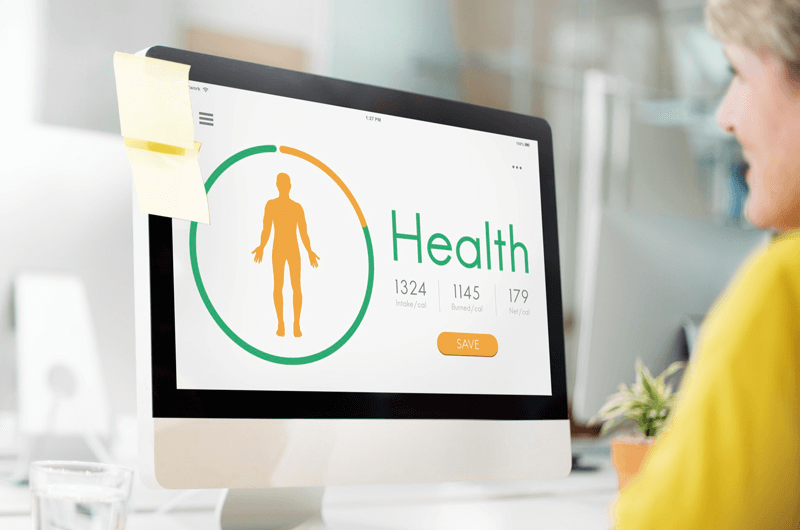According to a survey conducted last year by MedData Group, many physicians are dissatisfied with their electronic health record system (EHR). Up to 85% of the physicians said that their EHR resulted in lost productivity due to the need to spend more time on documentation and 66% said that the system resulted in their seeing fewer patients. MedScape’s recent EHR report shows that one year later things have not improved – only around 42 percent of physicians said they were satisfied with their current system. Electronic health record systems that fail to ensure proper clinical documentation would affect patient care, medical billing and coding, and irrevocably, practice revenue.
According to physicians, EHRs pose problems related to usability such as
- Time-consuming data entry
- Poor user experience
- Reduces attention towards the patient
- Hassles posed by cumbersome user interface
- Lack of customizability
- Degradation of clinical documentation
Physicians often need to undergo extensive training to be able to use these systems. However, experts point out that the solution lies in a renewed focus on EHR usability.
Features of a User-friendly EHR System
- Simplicity – Simplicity translates to ‘easy-to-use and understand’. A usable EHR is the one that can be used easily on the same day that a practice implements it. It should be simple enough for physicians and other users to handle without any elaborate training session.
- Efficiency – Starting from the learning process, efficiency should extend to data capture. The process of charting must be fast and also record accurate patient notes for improved outcomes. An efficient electronic health record can keep track of patient’s relevant data, speed up practice workflow, and increase physician productivity.
- Design – A system that lacks effective design can affect usability in the long run. As physicians are the ones who spend a lot of time on it, good design is important.
- Capability – The capability of the EHR is related to successful patient outcomes. This helps the doctor to provide better patient care.
- Accuracy – Efficient EHRs can prevent documentation errors, leading to better patient outcomes.
In view of these considerations, experts say the ideal EHR system is one that:
- Offers customizability and free text options – This means fewer clicks to input information, while permitting users to create diagnosis templates that paste into the required field
- Reduces number of steps – An interface that provides immediate access to most of the physician’s job function and eliminates redundancy
- Meets physician expectations – It would allows users to perform actions that they need such as sending orders to office staff
Improving EHR Usability
Effective communication including doctors, vendors and patients is required to develop an EHR that meets the requirements for optimal usability. Since physicians are the primary users they can provide details on how to improve the usability of the system. They can also ask their patients about their experience, expectations on what kind of data they want to access, etc. Such feedback can be helpful to vendor for improving the usability efficacy of the EHR system.
If physicians find that their EHR product does not meet their requirements and if their optimization efforts fail, they should consider replacing it. A professional medical outsourcing company can help providers select the right system.




